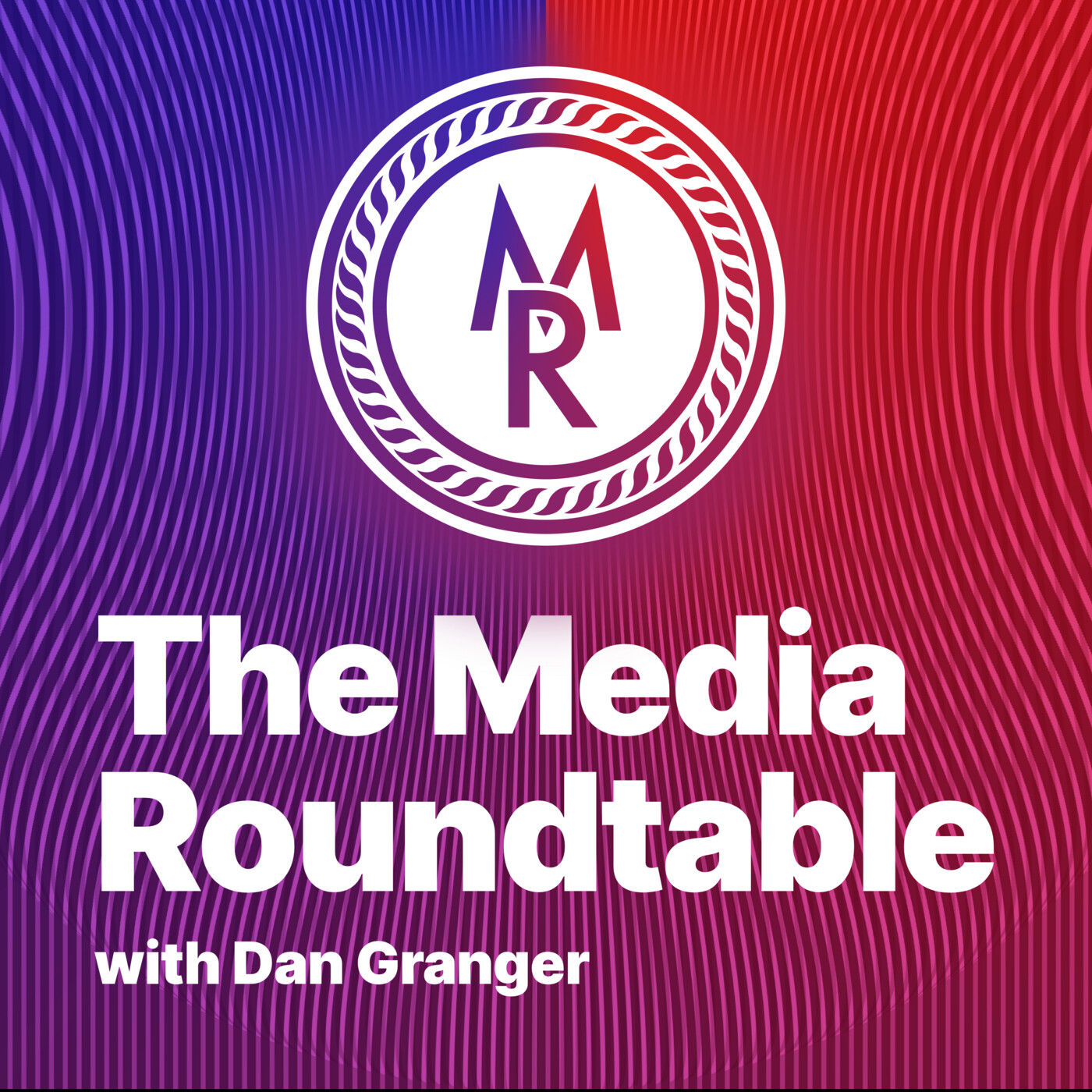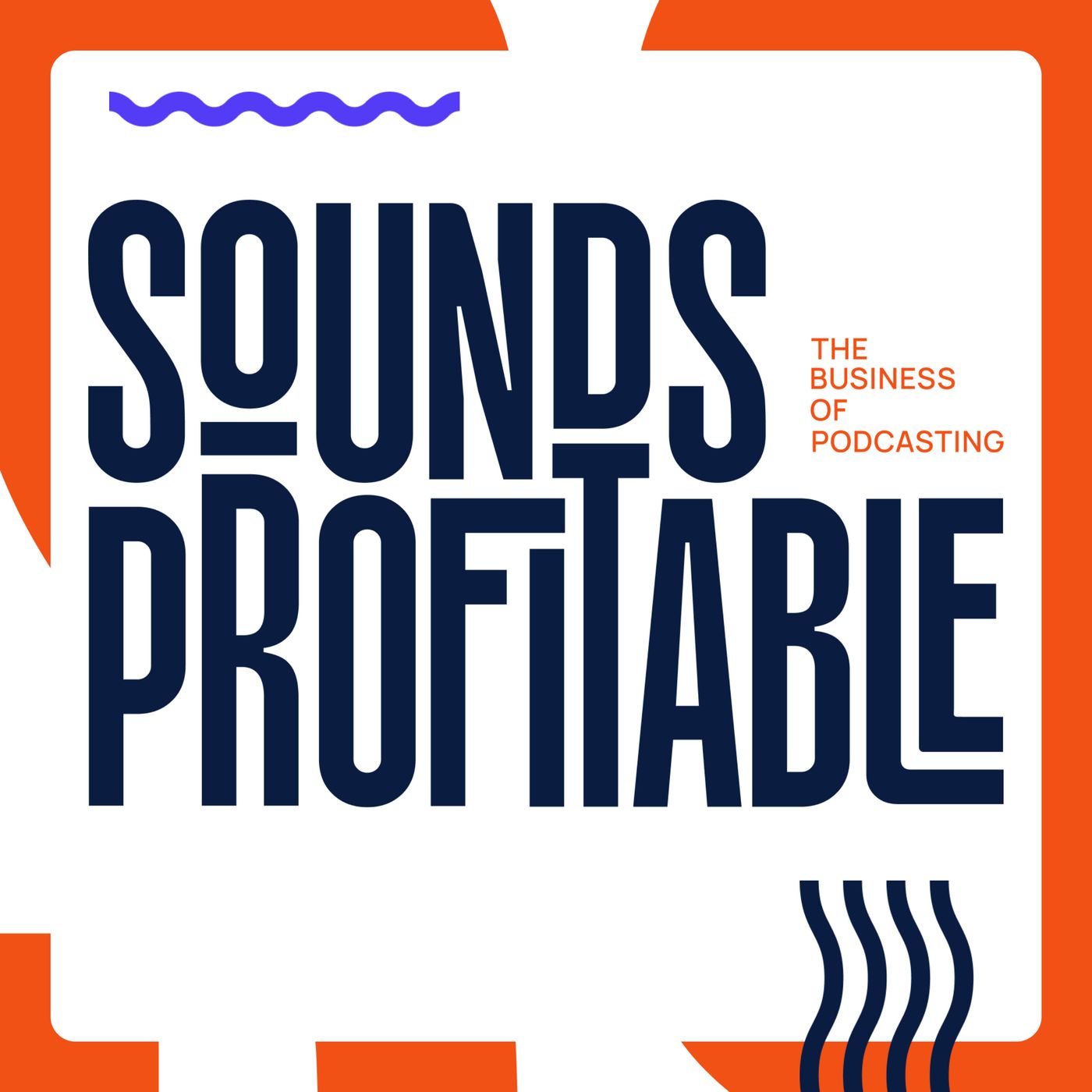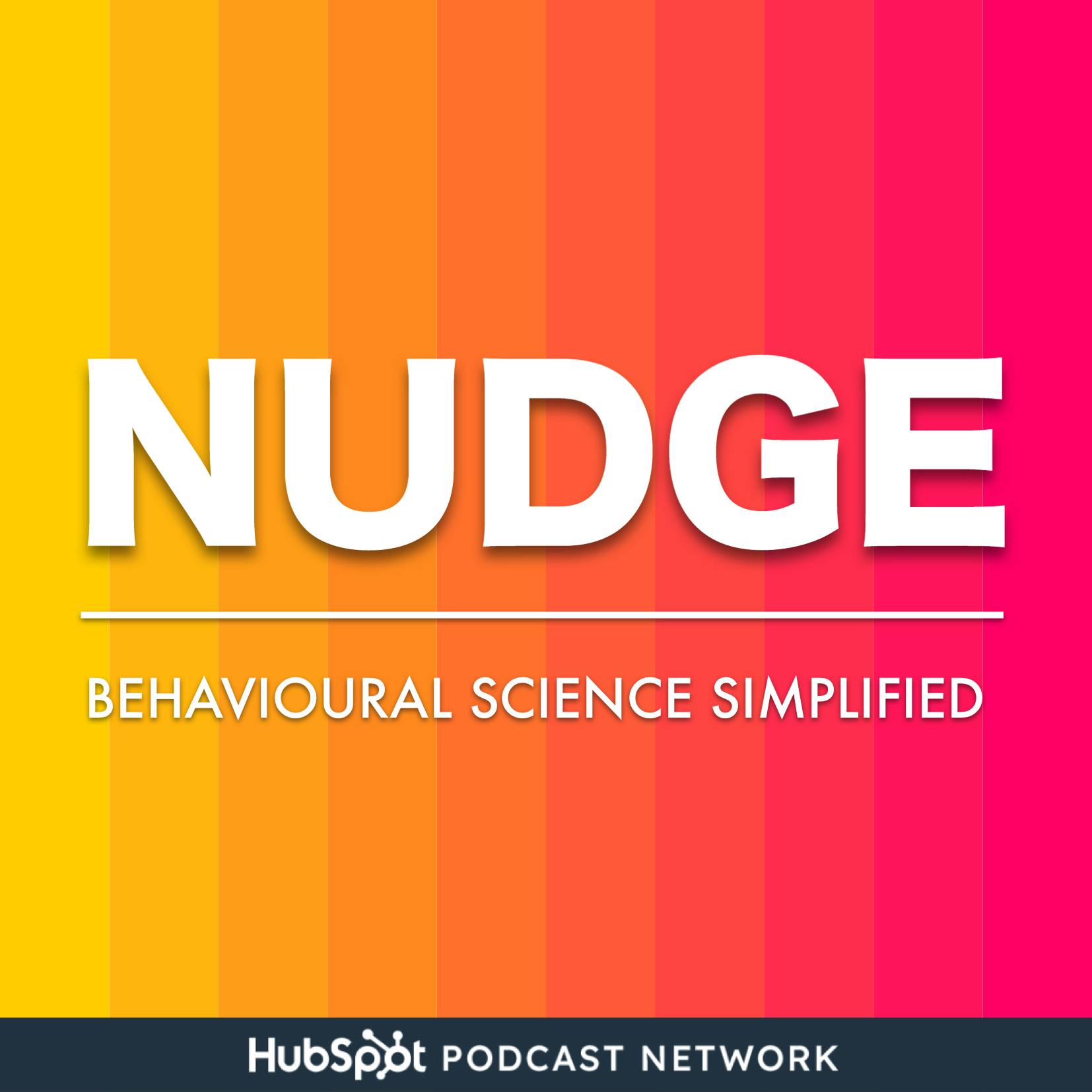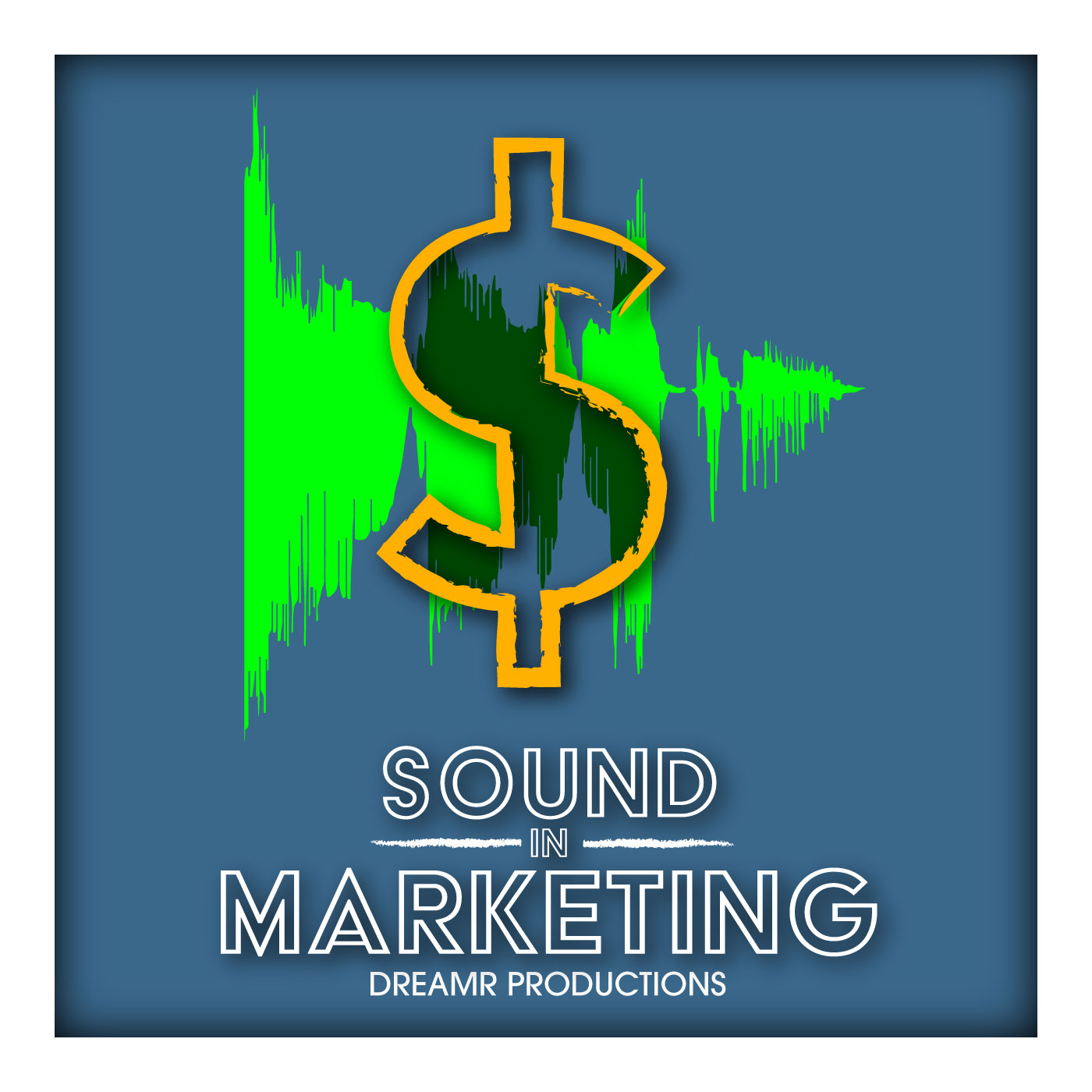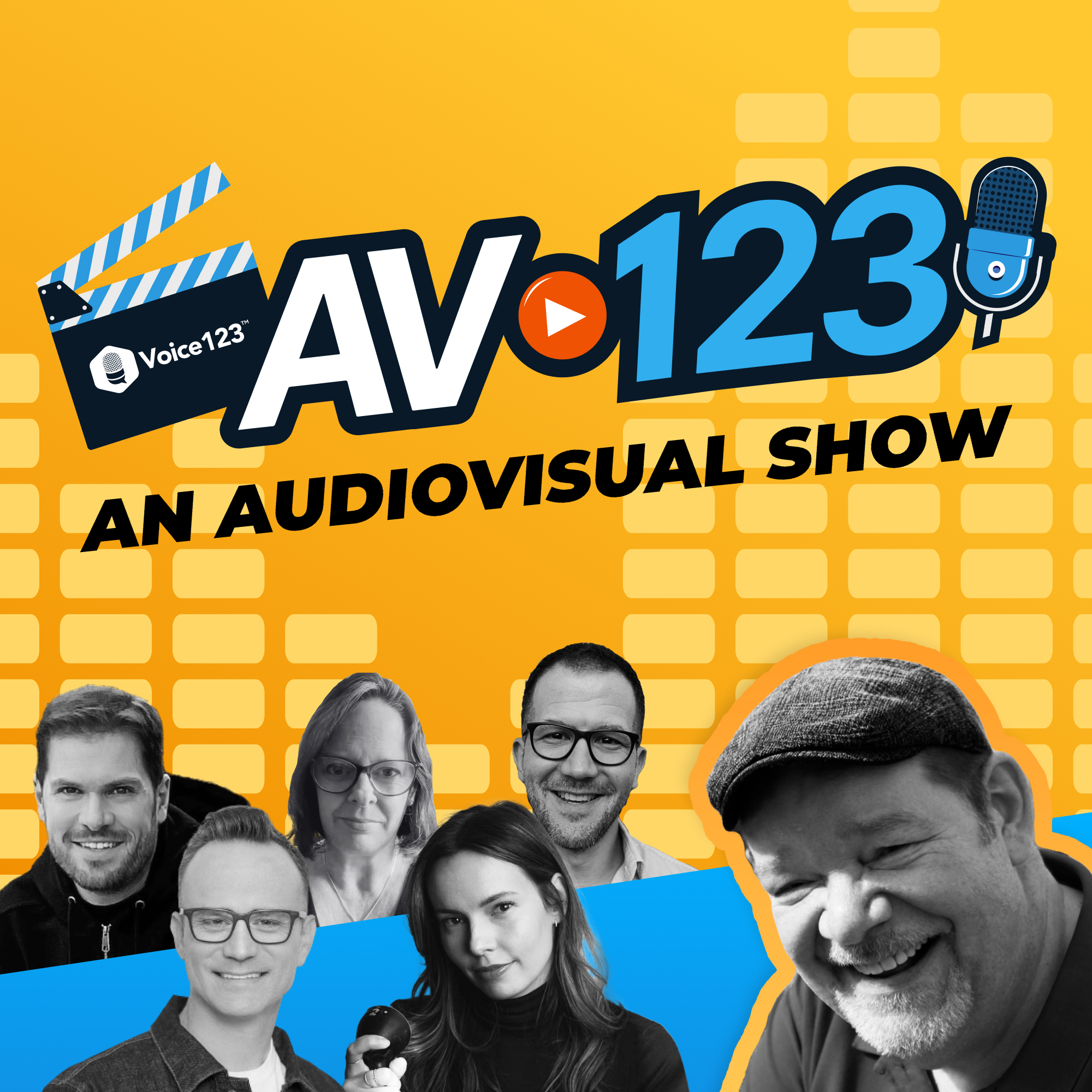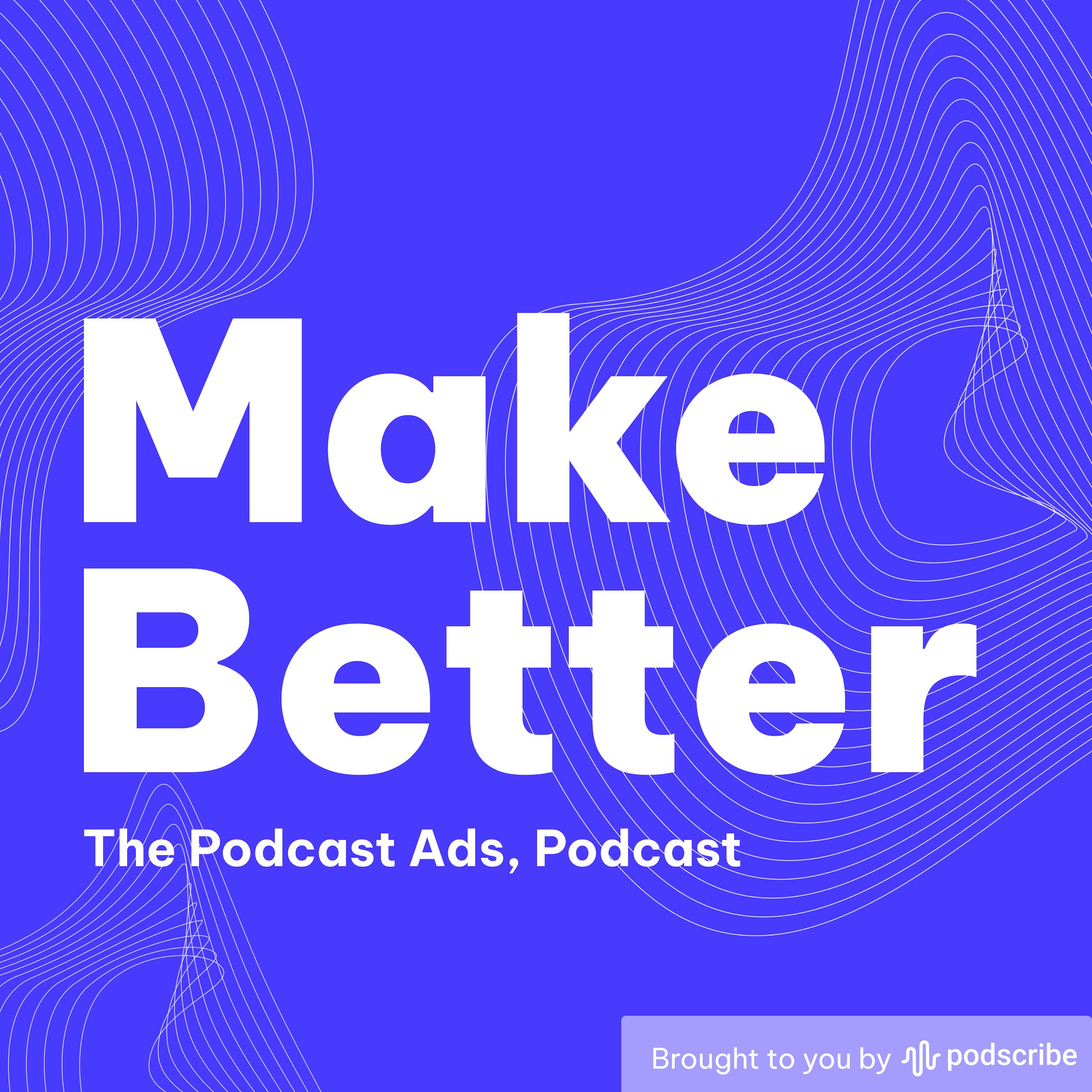
Ad Infinitum
Ad Infinitum is the award-winning podcast solely focused on audio ads - the creatives who make them and/or the latest thinking that informs them, how the space is evolving, and a round-up of recent audio ads and analysis by Stew Redwine and each episode's guest.
Ad Infinitum is Presented by Oxford Road and Produced by Caitlyn Spring & Ezra Fox, MFA, written & hosted by Stew Redwine, and sound designed by John Mattaliano, with audio production by Zach Hahn.
Ad Infinitum
What Makes Audio Ads Work NOW?
In this special episode of Ad Infinitum, Stew shares the full video version of his talk at Podcast Movement Evolutions in Chicago, 2025. From sonic branding and memory science to host trust and the rise of video, this talk explores what truly makes audio ads work today—and what we may need to let go of to make them work better.
You’ll hear about:
- The NBC chimes and the power of sound branding
- Why “I use this and you should too” outperforms everything
- How generative AI risks making dull ads faster
- The Audiolytics™ framework for better creative
- What Odysseus, a cab ride, and Aristotle have to do with all of it
It’s a creative call to arms for anyone making or buying ads in 2025.
Ad Infinitum is Presented by Oxford Road and Produced by Caitlyn Spring & Ezra Fox, MFA, written & hosted by Stew Redwine, and sound designed by John Mattaliano, with audio production by Zach Hahn.
Stew Redwine (00:00):
This is Ad Infinitum, the only podcast solely devoted to audio ads, what makes 'em work and how they can work better where we break down audio ads, which is normally my favorite part. But this episode we're doing something a little different. I wanted to share with you a recent presentation I gave at Podcast Movement Evolutions in Chicago, what makes audio ads work? Now, I had, uh, given the talk what makes audio ads work. It was a similar title at Podcast Movement in DC and I used these NBC Carol Chimes, so I wanted to show you those just 'cause they're fun. It's the power of a Sonic brand right there. Um, but that particular Sonic brand is getting old. It's kind of sad. It's cool to have these chimes. They, um, release these to be a dinner chime so that you could play 'em and summon your family to dinner, which is pretty cool. Let's hear that one more time.
(01:11)
Those are the notes. GEC, which is cool because it, as an acronym, it's General Electric Company, which ultimately owned NBC, um, one of those happy accidents I suppose. So it's a cool piece of, uh, advertising history. But what makes audio ads work now is the question, and that's what I set out to talk about at Podcast Movement Evolutions. I'm Stu Redwine, executive creative director at Oxford Road and Veritone one where I've been making the ads work in audio for quite some time now. Um, and as you can see, we've got, uh, a lot of ads that we've put out there for a lot of different recognizable names. Um, and like my dear friend Mark Sears Dorf, who taught me everything about production, said many years ago, um, maybe one day we'll back into being good at this one mistake at a time. <laugh>. That's how it feels sometimes.
(02:07)
Uh, this was me at the presentation when I gave this in Chicago and I had gone out and I got this, um, or, uh, because I wanted to talk about, um, how you have to give certain things up and, and committing to my craft. And it was wild because I ended up getting this cab ride, um, from this guy Basim, and I ended up talking to him about Odysseus' winnowing ore, which is what this ore is all about, is the ideas that when Odysseus was done with all of his adventures, he was made the deal with the gods to go inland. And when someone mistook the or for a winnowing fan, he was supposed to burn it and commit to his wife and his craft there. And like I went through this similar process and I'm telling this guy Besim that 'cause he's like, where are we going?
(03:00)
And had to go to a couple different stores, ended up getting this or, and he told me that that weekend I didn't realize this was, uh, well, I had no, no idea it was Eid el Aha, which, um, is an Islam holiday celebrating Abraham's willing sacrifice of his son Isaac. And then God provides this replacement for that sacrifice. And it was the same idea of like giving something up. And it's like when we're willing to give it up, then it can come back. And that relates to the state of audio ads now, it really does. Um, what makes audio ads work now is video. If you're in audio advertising, uh, you need to be focused on video. And I didn't say this at podcast movement, I also think international. I think the international market is behind where the US market is, but it's gonna move through that cycle a lot quicker.
(03:55)
Basically what you've seen with On Demand audio is the life cycle of the history of radio. This is a book I'm reading right now, listening in radio and the American Imagination. It's all about the history of radio and what radio took, you know, 30 years to go through to be supplanted with television. On Demand. Audio has gone through that same lifecycle in a much shorter amount of time. And I see two things. One, what makes audio ads work now is video. And two, if you're, uh, is international. Um, but international's just a little bit behind, um, the US and it's gonna go through it a lot quicker. But I still think there's a ton of opportunity regardless. The challenge with all advertising is the same, which is only 16% of marketing messages are remembered and correctly attributed. There's also a study that we talk about a lot, the extraordinary cost of being dull, um, that it takes two to two and a half times the media spend on a dull ad than on an interesting ad to get somebody to remember it.
(04:59)
And audio has very unique properties to help us overcome that gravitational pull towards forgettable ness. And another thing that's at play is that with all this ai, generative ai, it's like, look, if humans have been on their own able to make ads that only 16% is correctly attributed and remembered, you supercharge that with a super intelligence and uh, it's just more fine and forgettable ads. So what have we learned from three years of doing ad infinitum? A couple of standouts are Chelsea Campbell from SiriusXM and JJ Helen of McDonald's. When it comes to how you're showing up in audio, it's important to be consistent and flexible. Um, and even though audio's increasingly becoming video, there are still attributes of audio that are so, that are treated as an afterthought, but are if they're brought to the forefront, like I put here, you know, sonic branding, I think that's even a little bit too expensive of a word.
(06:08)
Um, it's gated a little. It's sound branding, right? And I even like that sound like solid, but it's sound branding. It's just can they recognize you with their eyes closed? That's the question. Um, when you show up in audio, you need to be distinct, memorable, flexible, and honest. And if you do all of those things in and you know how you show up in audio, you can also apply to that to your video as well. And Sonic brand cues have 8.53 times better branded attention than all other brand cues. That's a than a mascot then a celebrity. There is inherent aspects of audio that I've talked about before. It's processed in the same exact part of the brain as emotion and memory. It's our fastest sense. That's always wild to me that it's faster than even touch. Touch is slower than sound. Um, if you think about it in, uh, track and field in the Olympics, they indicate that with a sound because of how quick it is.
(07:05)
It's always on it's 360 degrees. It's incredibly powerful to decide how you're gonna sound, how you're gonna show up in sound. And then that applies across everything. All customer touch points shows up everywhere. Joel Beckerman, the founder of Made Music Studio who we introduced to Zocdoc and they worked with them in developing their sonic brand. He talks about how we're building invisible Lamborghinis. And that's super important to take it so seriously because of how incredibly powerful it is. And with great power comes great responsibility, right? And I think a lot of fear, the idea that people are more, uh, more afraid of, uh, speaking in public than dying, uh, singing in public right is equally scary. I think the same is true for brands. I know it is, is they're afraid to use their voice and you've gotta have courage to use your voice. You've gotta have courage to sing.
(08:03)
Um, there's so much potential. You have the power to make an invisible Lamborghini if you choose to wield it. And you wanna design a sonic identity system that is consistent but also flexible that, uh, is the key. And you unlock incredible parts of the human brain, right? Uh, bro's area and Wernicke's area are the areas where we hear something and then we predict what is going to be heard next and speech in particular. And we could go through all the brain science on everything that's happening in the hippocampus and the amygdala and bro's area and werner's area. The point is you've felt it yourself. Uh, sound has this incredible ability to create memories, memories and, and generate emotions in us. And, and brain scans show how it lights us up. So, okay, so great. So that's the power that we could use. So what, how do we get there?
(09:06)
Um, there's nothing so powerful as an insight into human nature. And it's what is that insight into human nature? How do we get there at Oxford Road? It's an application of strategy, structure and heart. And when I think of that strategy is understanding the question. Um, it's like Socrates said, the understanding the question is half the answer. The structure at Oxford Road is audio lytics. There's nine key components, 71 sub components that we apply to make an audio message work. And it works if you work it. And then the heart is really the insight that was that quote, there's nothing so powerful, um, as an insight into human nature. And that was from Bill Birnbach, who from advertising lore did the think small, um, campaign for vw. Uh, for one is one that comes to mind and radically improved, uh, Volkswagen sales. Uh, the outcome of that, that's the critical component is make sure you understand the question.
(10:01)
Have a structure that you know is gonna be your North Star to get you there based on an insight and human nature. And when we apply that at Oxford Road across the board, just the structure piece alone, we see a 15 to 30% improvement right there. And one last piece of history. I love advertising history and radio history. George Carlin's seven dirty words. The government had to come in and regulate what could be heard on air. Uh, in 19 72, 19 73, famously George Carlin had seven dirty words. If I could boil it all down to the most important thing with these forces that are at work, right? A audio going to video, um, generative ai. It's not about seven dirty words, it's about seven nerdy words. And those seven nerdy words are, I use this and you should too. Those are the most important words in audio advertising.
(10:59)
The trust that the host have built with their audience is a space that we're renting. When we partner with brands and they're doing that thing that only they can do the, I use this and you should too, four to five times the performance of not giving that personal endorsement. There is such weight to that. It's about making the dollars you're investing work harder. And by marrying strategy, understanding the question, having a structure that you know that you can apply, and having the heart component, right. How are, what is that insight into human nature of why they're doing what they're doing? Marrying all those together, having a sonic identity that's defined, that is distinct, but can also be flexible, that will supercharge audio and his audio becomes video arose by any other name, smells the sweet. It'll supercharge all of your efforts to partner with creators, partner with hosts to go, I use this and you should too.
(12:06)
And as Aristotle said, a person is not fully persuaded and tell they consider a thing, demonstrate, demonstrate, demonstrate. And at least have the answer to can they recognize your brand with your eyes closed And having a really good answer, a distinct and memorable answer that's flexible, builds those memory structures so that when somebody has need of you, they will think of you and they will think fondly of you. So for all ye chief audio officers that are listening and now watching, as you can see, I'm practicing what I preach with audio becoming video, continue to listen to and watch ad infinitum to find out what makes the ads work and how to make 'em work better. And most importantly, remember to have fun making the ads work.
